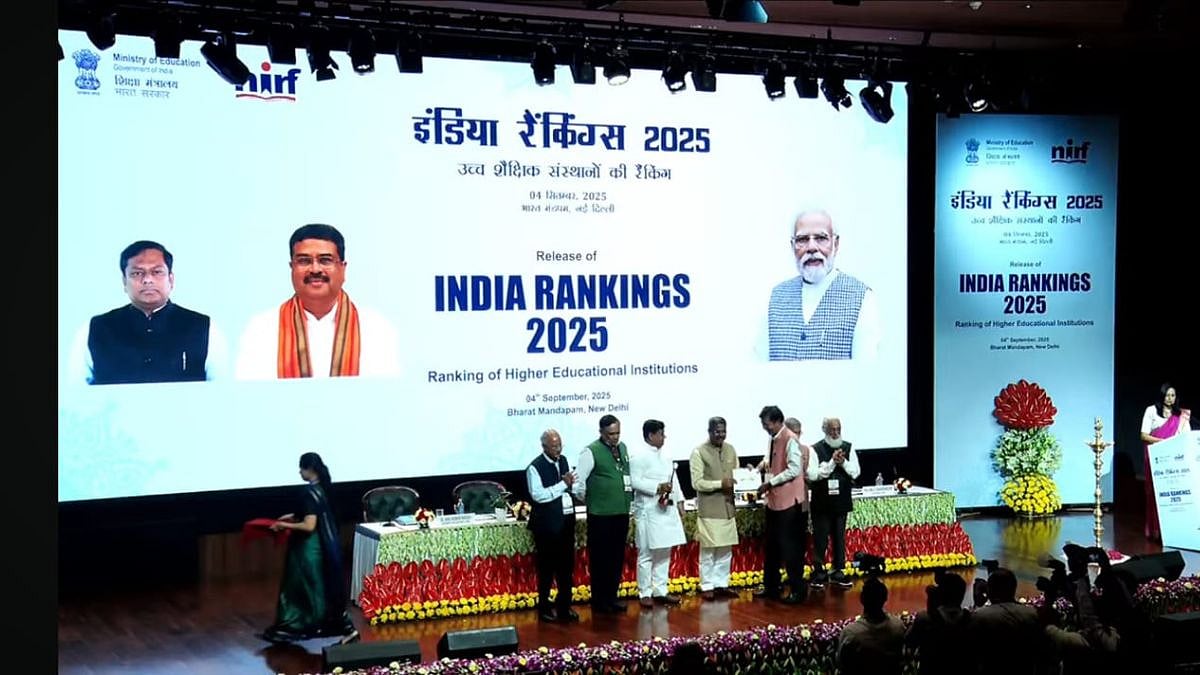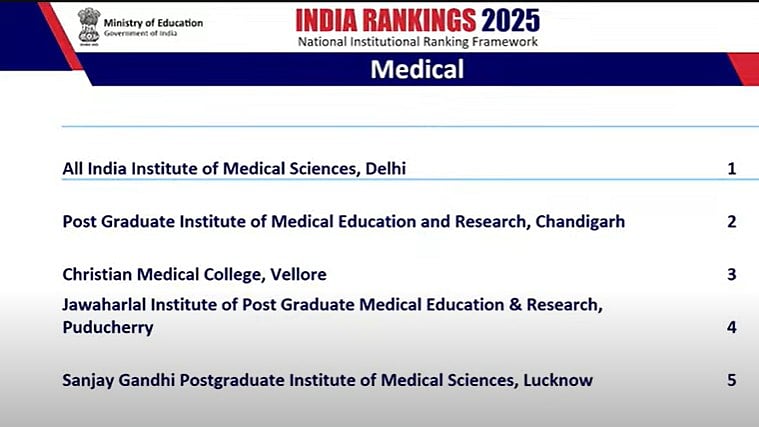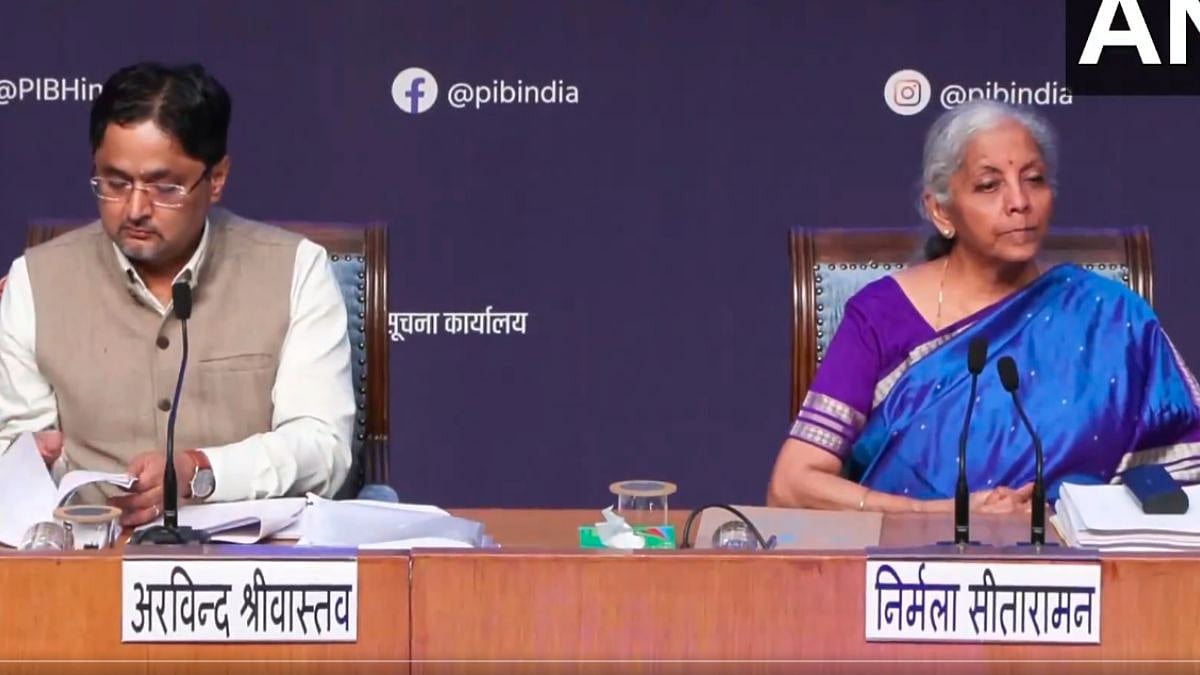National Deworming Day (NDD) is an initiative launched by the Government of India in 2015 to combat parasitic worm infections (soil-transmitted helminths - STH) among children. These infections can cause malnutrition, anemia, impaired mental and physical growth, and reduced concentration in studies. Parasitic worm infections affect millions of children in India due to poor sanitation, unsafe drinking water, and lack of hygiene awareness.
National Deworming Day is a crucial health initiative that ensures a healthier future for children by reducing the burden of parasitic infections. Parents, teachers, and communities play a vital role in making this program successful. Know, history, significance, and more about the National Deworming Day which are mentioned below.
What is National Deworming Day and why it is observed?
The Government of India launched National Deworming Day as a flagship initiative to tackle Soil-Transmitted Helminths (STH) or intestinal worm infections. in 2015. The program was first implemented in 11 states and later expanded to all states and union territories due to its success and Albendazole tablets (a safe and effective deworming medicine) were introduced as the primary treatment to eliminate worms. Since its launch, over 30 crore (300 million) children in India have been dewormed annually under this program, making it one of the largest public health initiatives in the world.

National Deworming Day 2025 | X

Significance of National Deworming Day
National Deworming Day is crucial for India’s public health as it ensures that children remain healthy, strong, and focused on their education. With continued efforts in hygiene, nutrition, and awareness, India is moving closer to eliminating intestinal worm infections and improving child health nationwide.










